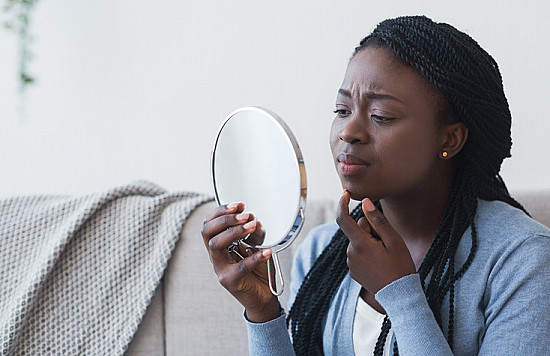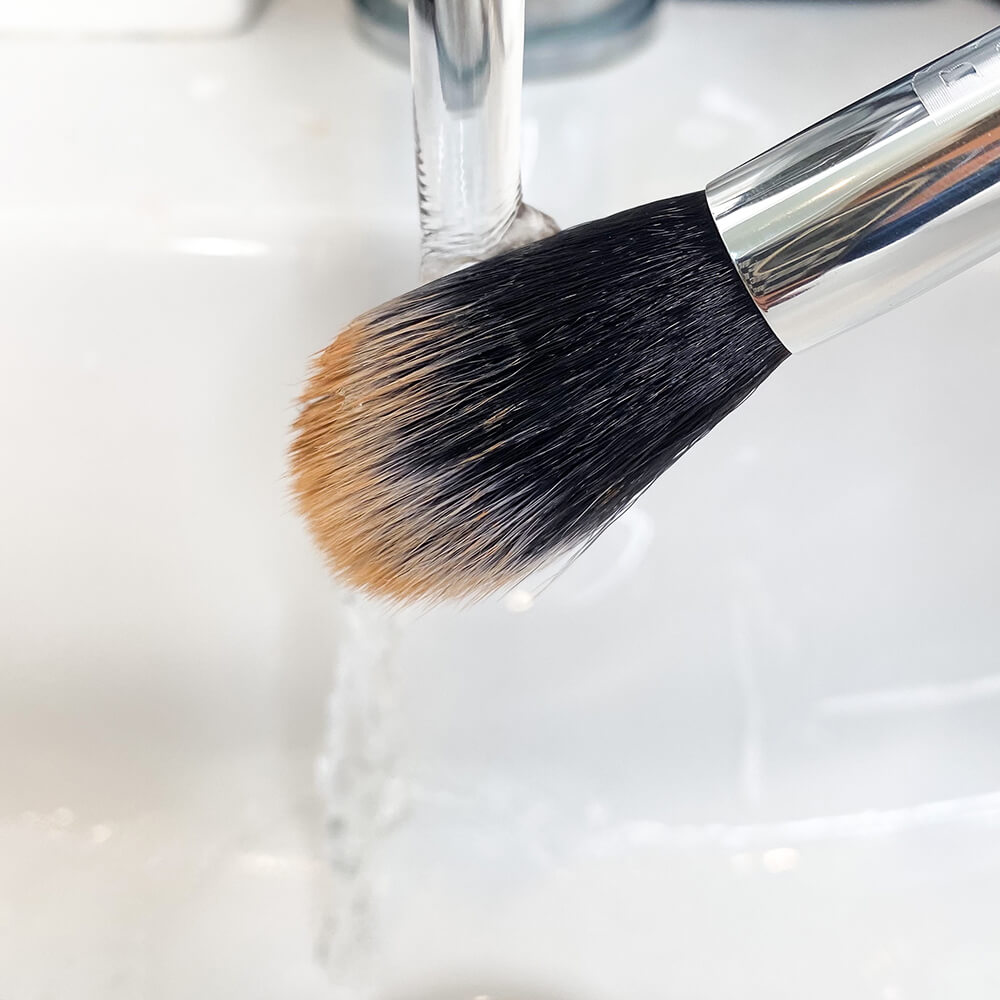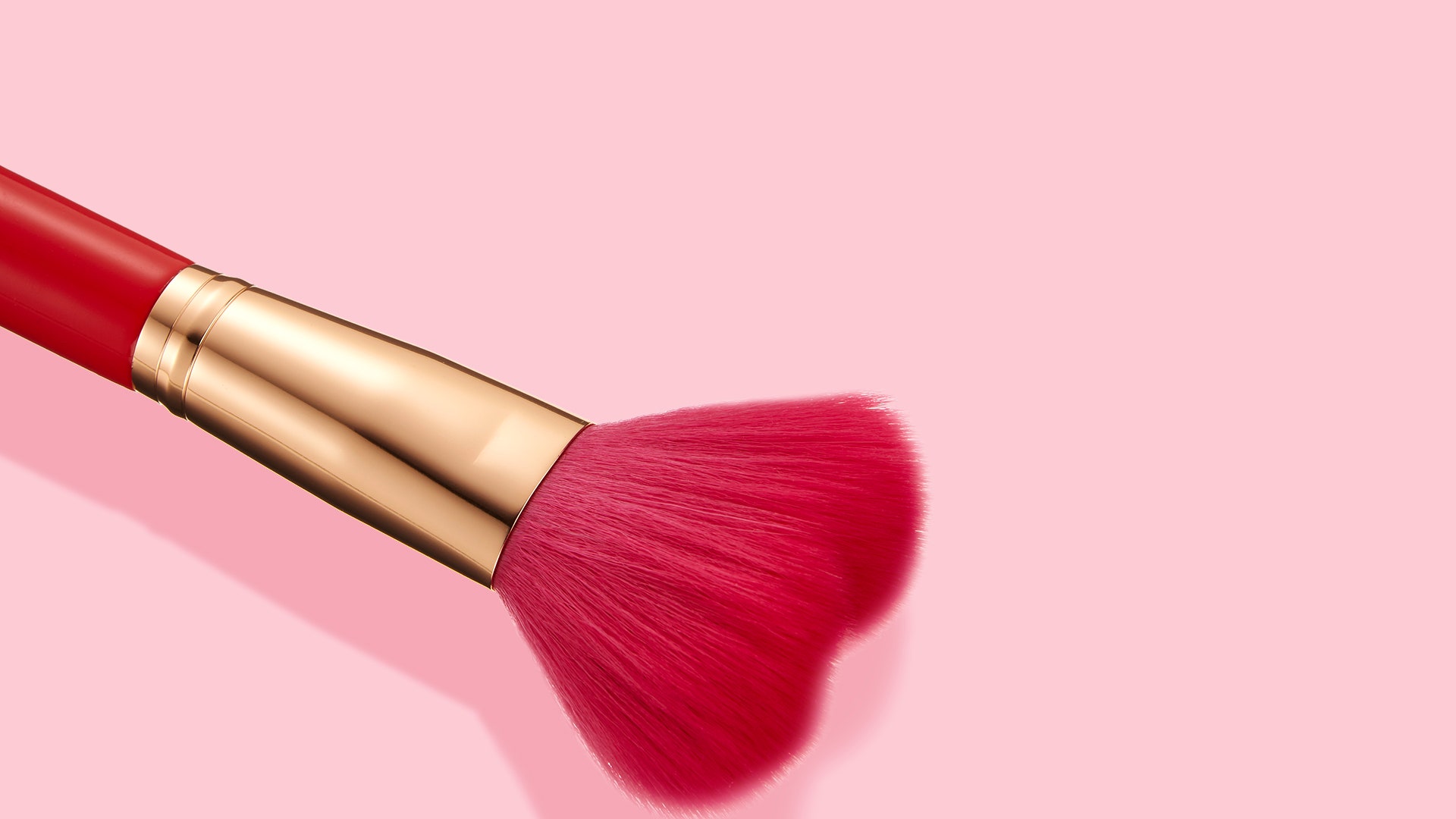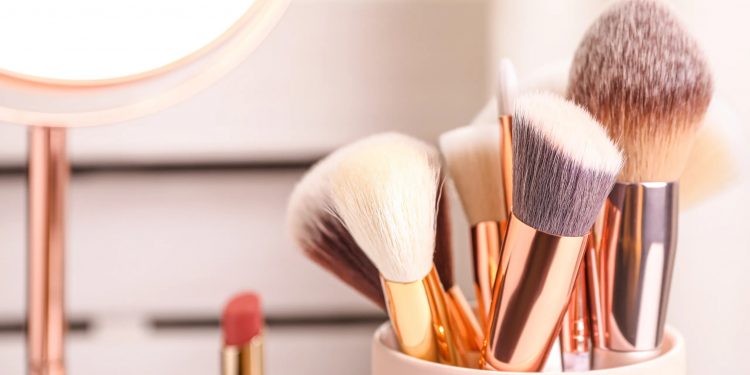At the top of things, you need to do often, washing your makeup brushes should fall right between drinking eight glasses of water and calling your Nana.
With each swipe, your brushes collect bacteria, dust, and grime, meaning they’re not as effective as you’d want when it comes to wearing makeup.
Moreover, you end up coating your face with months of acne-inducing bacteria and grime.
Now, before you frantically rush to the store to get yourself a new and clean set of brushes (who needs to clean when you can just buy a new set?), you should know that cleaning makeup tools isn’t the daunting task most people assume it to be.
In fact, it’s as easy as soaking, dabbing, and air-drying. It’s one of those tasks you don’t need to set a calendar reminder for.
Ready to learn how to quickly clean your makeup brushes and get back to achieving that flawless, natural makeup look? Keep scrolling to find out more.
Why You Need to Clean Your Makeup Brushes

We’re all guilty of neglecting our makeup brushes, letting cream and powder formulas buildup on the bristles of months, or even using over three colors without cleaning in-between.
What most don’t know is that not getting the gunk out from makeup brushes every week can lead to numerous skin concerns, including:
Trigger Skin Infections
Every time you use your makeup brush, it gets into contact with dead skin and sebum from your skin.
The accumulation of these on the brush can make the bristles a cozy home for bacteria. The regular use of dirty brushes can cause your skin to break out due to clogged pores, or even worse, give you a viral or bacterial infection.
Cause Irritation
If you regularly use your brushes to apply your product, whether powder or creamy makeup, over time, the product dries and cakes up on the bristles, making them hard.
The constant use of brushes in this state will irritate your skin and make you more susceptible to breakouts and acne.
Make Your Makeup Look Less Than Flawless
Good-quality brushes allow the user to have smoother, flawless makeup. Dirty brushes may end up giving you streaky makeup, and after spending over 30 minutes creating the perfect look, who wants that?
Be An Expensive Oversight
More people are investing their hard-earned money in quality makeup tools these days. Who really wants to keep dropping a dime on new sets of makeup brushes every month with the current financial slump? No one.
Proper cleaning allows your brushes to stay soft for longer. That, in turn, helps eliminate the need to replace them fortnightly.
How Exactly Do You Go About Cleaning Your Brushes?

Makeup brushes should be washed daily, but very few people do this. Therefore, once a week, preferably every weekend, or daily for sponges and cream/liquid makeup brushes, set aside five minutes for the following procedure:
• In a container, add some lukewarm water and either mild shampoo, dish soap, or pure castile soap
• Dip the brushes in this solution for a few minutes, slowly swirling them to dislodge dirt and product from the bristles
• Afterwards, rinse the brushes in clean, warm water
• You can dab the clean brushes on a brush to get rid of the excess water or gently shake them
• The clean brushes should be air-dried on a counter, with the bristles hanging off the edge of the counter
• Once completely dry, they can be returned to your makeup kit
When washing the brushes, you need to be careful to ensure that water doesn’t touch the base of the brush as this may dissolve the glue holding the bristles.
It would be best to consider wiping your brushes with disposable wet wipes between washes.
Some commercially available products can also be used for this procedure.
Products such as baby shampoos, makeup brush cleansers, and textured cleaning mats have been shown, by experts, to help get rid of the gunk within seconds.
How Often Should You Replace Your Makeup Brushes?

Even though everyday cleaning can boost the shelf life of your makeup brushes, there are signs that you shouldn’t ignore when it comes to figuring out if they’re no longer capable of doing their best job.
For example, you should toss your brushes when the bristles start fraying, shedding, or losing their shape.
You need the right tools to help you achieve that flawless look.
Therefore, when your brushes appear too squashed, you need to replace them stat!
For microbial-resistant tools like Beautyblenders, you can reuse them safely for three to four months.
However, you need to ensure you clean them daily as sponges can be filled with skin cells, and bacteria can overgrow, triggering a myriad of skin concerns.







